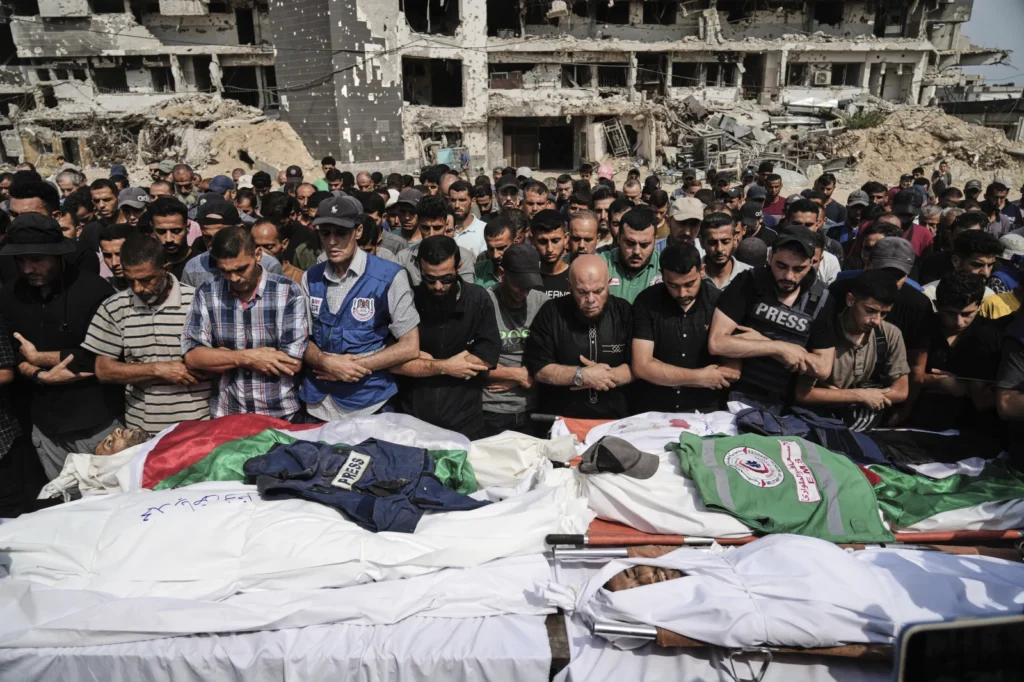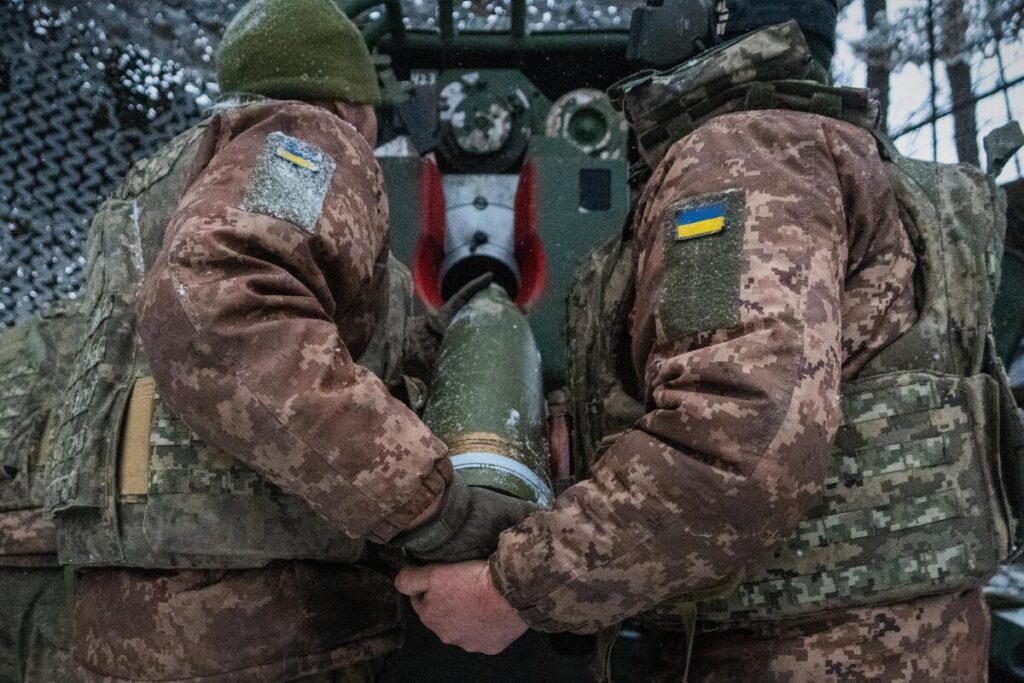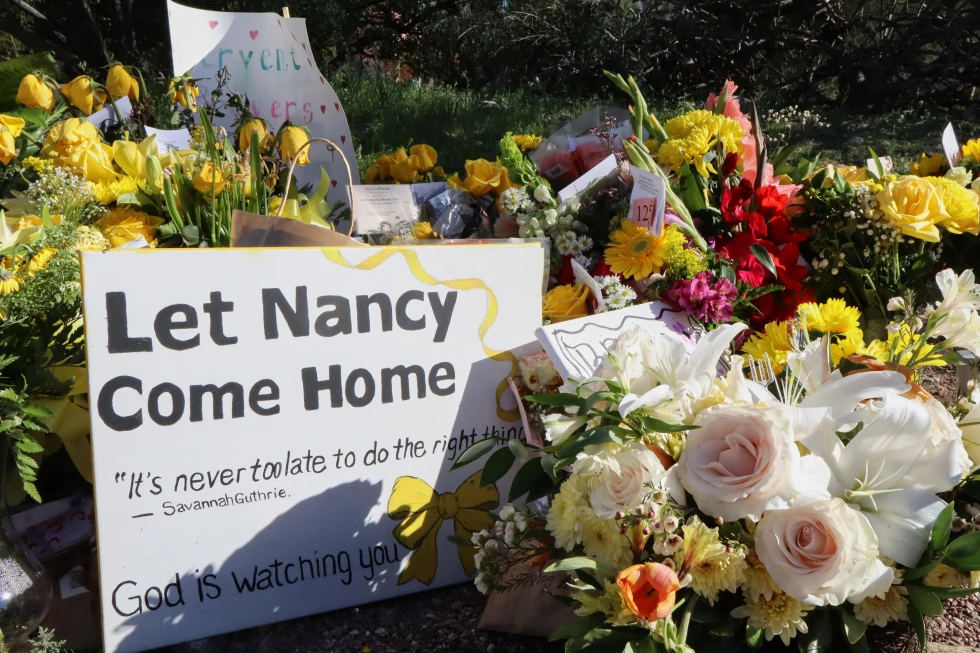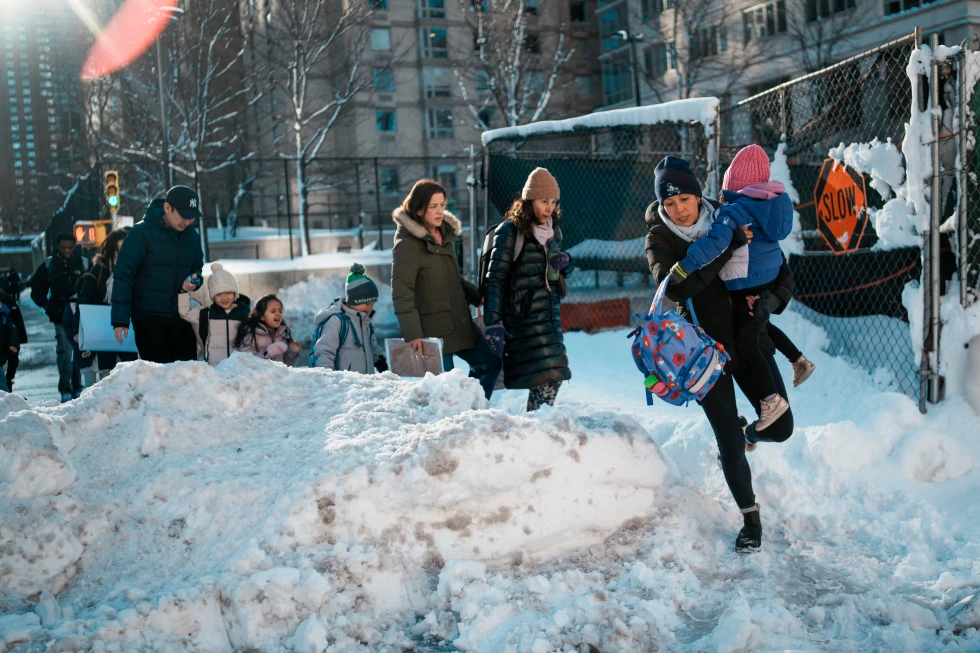Israel Airstrike Kills Al Jazeera Reporter Anas al-Sharif in Gaza

Israel Airstrike Kills Al Jazeera Reporter Anas al-Sharif in Gaza
GAZA CITY — Israel’s military killed Al Jazeera correspondent Anas al-Sharif and several colleagues in a Sunday night airstrike, marking another deadly blow to press freedom during the Gaza war. Hospital officials in Gaza City confirmed the deaths, which press advocates called retaliation for coverage exposing the humanitarian crisis.
The Israeli army claimed al-Sharif led a Hamas cell — an allegation both the journalist and Al Jazeera had denied. The network accused Israel of running a smear campaign, especially after al-Sharif’s emotional broadcast last month in which he cried over Gaza’s starvation crisis.
Deadly Strike Outside Shifa Hospital
The attack struck a tent outside Shifa Hospital, Gaza’s largest medical facility. Hospital officials said the blast killed al-Sharif, fellow correspondent Mohamed Qreiqeh, four other journalists, and two civilians. It damaged the entrance to the hospital’s emergency wing.
Witnesses and colleagues described chaotic scenes as bodies wrapped in white sheets lay on the ground. Hundreds, including journalists, gathered to mourn the victims.
Al Jazeera Calls It ‘Targeted Assassination’
In a statement, Al Jazeera called the strike a “targeted assassination” and linked it to prior Israeli accusations against its Gaza reporters. The network said al-Sharif was “one of the last remaining voices from within Gaza,” documenting daily life under bombardment and starvation.
International reporters remain barred from Gaza except for rare, military-approved visits. Al Jazeera has maintained one of the largest reporting teams inside the enclave despite repeated losses. The war has already claimed the lives of 11 staff journalists and 8 freelancers from the network.
Condemnation from UN and Rights Groups
The U.N. human rights office condemned the strike as a “grave breach of international humanitarian law.” Irene Khan, U.N. Special Rapporteur on freedom of expression, said the killings were part of a deliberate strategy “to suppress the truth, obstruct documentation of crimes, and bury accountability.”
Amnesty International demanded an independent investigation, calling al-Sharif and his colleagues “the eyes and voices of Gaza” who persisted despite threats, hunger, and grief.
The War’s Toll on Journalists
The Committee to Protect Journalists (CPJ) says 192 journalists have died in Gaza since the war began, making it the deadliest conflict for reporters in modern history. Brown University’s Watson Institute echoed this in April, labeling it “the worst ever conflict for reporters.”
Al-Sharif, 28, began reporting for Al Jazeera days after the war broke out. He became known for covering Israel’s bombardment in northern Gaza and the worsening famine. His colleague Qreiqeh, 33, leaves behind two children.
Final Words and Legacy
Before his death, al-Sharif posted a farewell message prepared in case he was killed. In it, he wrote: “I never hesitated for a single day to convey the truth as it is, without distortion.”
Both he and Qreiqeh reunited with their families briefly during a ceasefire earlier this year. Videos from that moment showed children who struggled to recognize their fathers after months apart.
Their deaths have intensified calls for stronger international protections for journalists in conflict zones.
SOURCE: AP News
: 333







